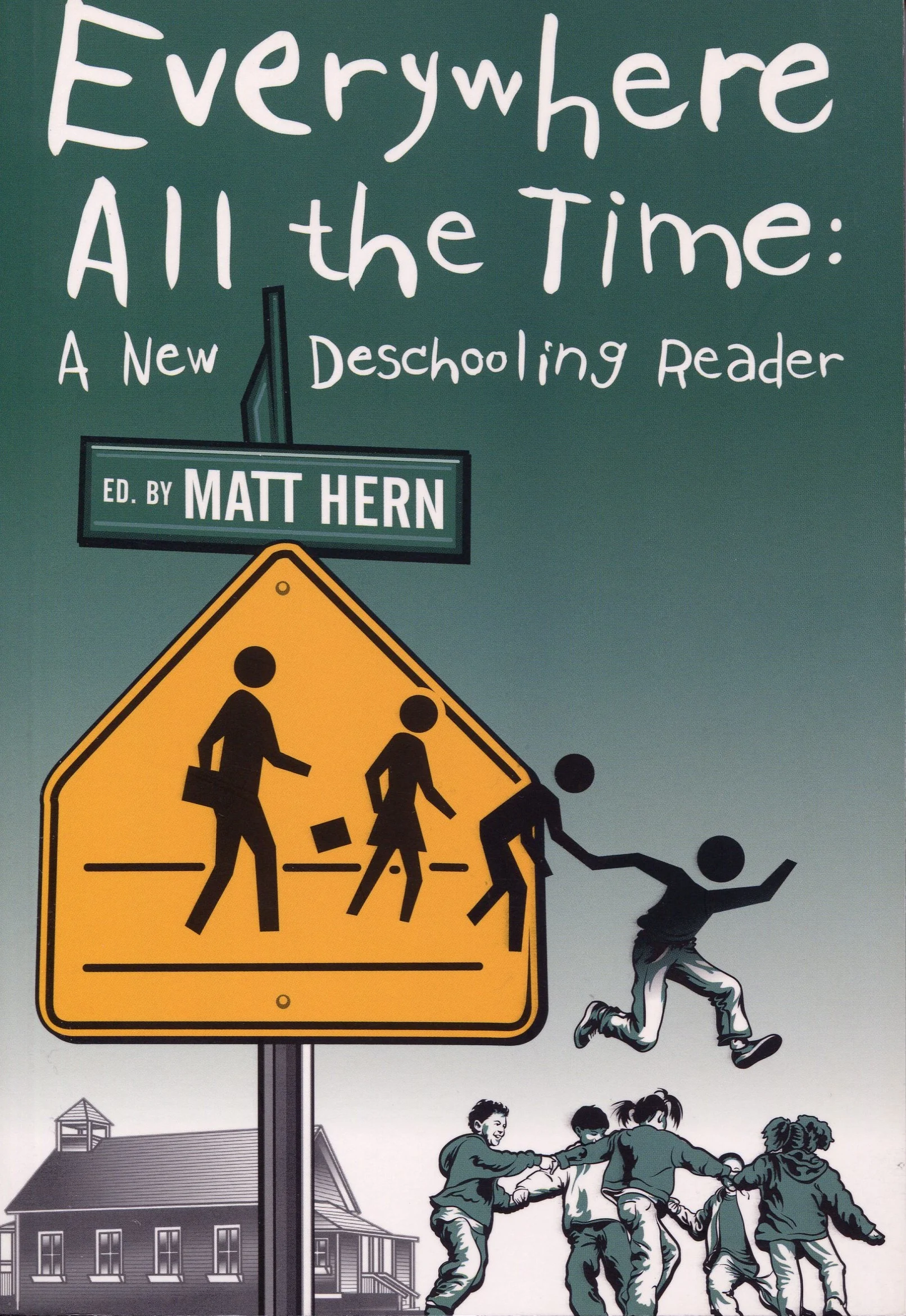"Most people, asked whether parental involvement benefits children academically, would say, “of course it does.” But evidence from our research suggests otherwise. In fact, most forms of parental involvement, like observing a child’s class, contacting a school about a child’s behavior, helping to decide a child’s high school courses, or helping a child with homework, do not improve student achievement. In some cases, they actually hinder it . . . "
Read MoreOn a tactical level, it seems futile to think by signing an online petition about the laws of a country where I am not a citizen that I will somehow help shape that country’s laws. However, on a strategic level, I can see how all these actions are important and linked . . .
Read MorePeople think research about the efficacy of schooling proves that our national well-being, personal advancement, and intellectual abilities are deeply connected to attending school. A new article argues that research about the efficacy of education is deeply flawed and prevents us from creating better solutions for helping children learn. . .
Read MoreI lived through the reading wars and survived, though it wasn’t easy in the homeschooling movement. Phonics purists couldn’t quite embrace John Holt’s ideas since he considered phonics to be just one way that children can learn to read, and not necessarily the best way. “It is good books, not good reading methods, that make good readers,” John said . . .
Read MoreErik Martin, 17, notes in How World of Warcraft Saved Me and My Education: "With the exception of a few exceptional teachers, school at large operates counter to the interests of children. In school, we’re not taught to overcome a challenge, we’re taught to fear the prospect of failure . . ."
Read More"Children today are cossetted and pressured in equal measure. Without the freedom to play they will never truly grow up . . ." Thoughts about Dr. Peter Gray's latest article, The Play Deficit.
Dr. Peter Gray writes a followup article to his controversial Salon essay, "School is a Prison and Damaging Our Children" . . .
Read MoreThe Common Core Curriculum eliminates handwriting in favor of teaching keyboarding skills instead. This might make sense on paper, but are we seeing the future clearly with this change?
Read MoreRead about Cevin Soling's new project: "Seeking submissions of student works expressing their hatred of school for publication . . ."
Recordings of the four speeches featured at the Alternatives to Compulsory Education Conference on April 27, 2013, at Harvard University. Speakers Cevin Soling, Pat Farenga, Peter Gray, and Peter Bergson gave powerful talks about the competence of children and offer solutions to the control and predict mentality of compulsory education.
Matt Hern, author Everywhere All the Time: A Deschooling Reader, is appearing on The Future of Education for a free, one-hour interview with Steve Hargadon . . .
A homeschooler volunteering at the local library during school hours. This is just one of the many opportunities you can help children use in lieu of classroom seat-time. Read to learn more about the Alternatives to Compulsory Education Conference on April 27, 2013 at Harvard University.
Elementary school Principal Peter DeWitt writes about unschooling and why educators can find common ground with unschoolers . . .
Lisa Nielsen, director of digital literacy and citizenship for NYC schools, co-author of Teaching Generation Text: Using Cellphones to Enhance Learning, is unfairly criticized by the NY Post for her support of homeschooling and other heresies against the religion of school. I chose that language because the label attached to the photo here, copied from the Post online, calls this photo "heretic1." Who will be the Post's heretic 2?
Read More














